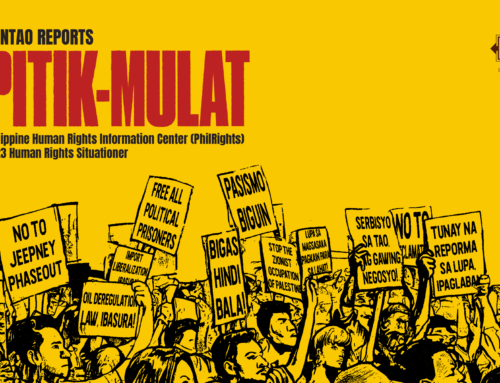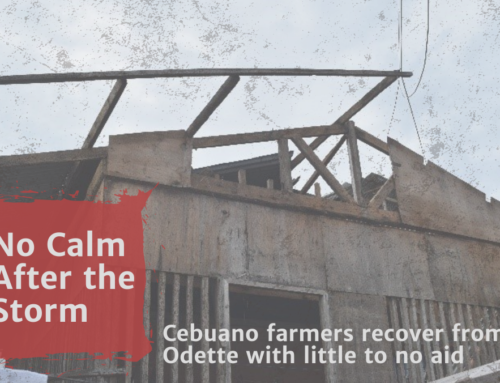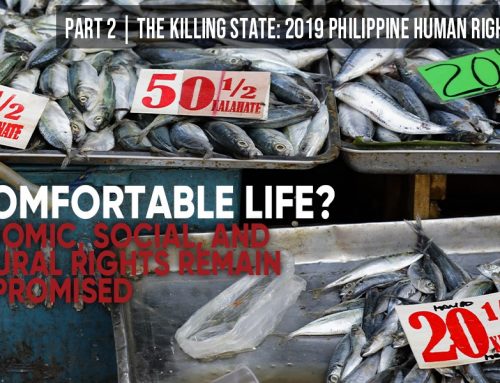It was an exciting moment for me and a small team of Greenpeace food campaigners to take part in the Food and Agriculture Organisation’s (FAO) Agroecology Symposium in Rome last week. It was the first FAO event on agroecology in history. At the symposium scientists, policymakers, farmers, and NGOs met to discuss promising ecological farming solutions and how to scale them up. Agroecology is the scientific theory which ecological farming is based on.
So, why does the scientific community see the need for a dramatic shift to ecological farming? Well, chemical-intensive industrial agriculture just doesn’t stack up. Based heavily on fossil fuels and monocultures, it is anything but resilient. With increasing volatility in the global food system – from food price hikes to increasing climate variability – industrial agriculture puts us at incredible risk.
 Dr Pablo Tittonell (r), Professor of Farming Systems Ecology at Wageningen University and Miguel Altieri (l), Professor of Agroecology at the University of California, Berkeley, Department of Environmental Science, Policy and Management.
Dr Pablo Tittonell (r), Professor of Farming Systems Ecology at Wageningen University and Miguel Altieri (l), Professor of Agroecology at the University of California, Berkeley, Department of Environmental Science, Policy and Management.
Just a few years ago it would have been unimaginable that the FAO would host such a forward-thinking event. But, the tide appears to be changing with more and more international heavy-weights recognizing the need for an overhaul of our food system by focusing on ecological farming. At the onset of the symposium, about 70 prominent scientists addressed a letter to the FAO, calling for it to support ecological farming as the central strategy for building resilience to climate change.
Ecological farming is far more resilient to disruption because it is rooted in the idea that an alternative farming system, based on biodiversity, can protect both nature and human livelihoods now and into the future. The symposium gave Greenpeace a chance to showcase its work and research around ecological farming; based on an upcoming report, Greenpeace Africa shared how two ecological farming methods, protecting crops from pests with push-pull technology and increasing soil fertility with agroforestry, increased the incomes and resilience of small-scale farmers.
Greenpeace India is also piloting a new ecological farming model in a remote village in Bihar to address the joint problems of deteriorating soil health, limits to available biomass, and water pollution from untreated human waste. This innovative model combines the use of organic fertilizers, eco-sanitation, and renewable energy to produce more food with less cost and provide better livelihoods, improved sanitation, and clean energy.
As Jose Graziano da Silva, the Director General of FAO, said at the close of the symposium: “Today we have opened a window in this cathedral of the Green Revolution. We will ask Ban Ki-moon to launch a UN-wide program on agroecology as a central strategy for addressing climate change and building resilience.” Governments, donors, and philanthropies now need to heed FAO’s call and support scale-up of these innovative ecological farming techniques by shifting agriculture investment away from chemical-intensive agriculture and towards ecological farming.
Monique Mikhail is a Senior Political Advisor at Greenpeace International.







